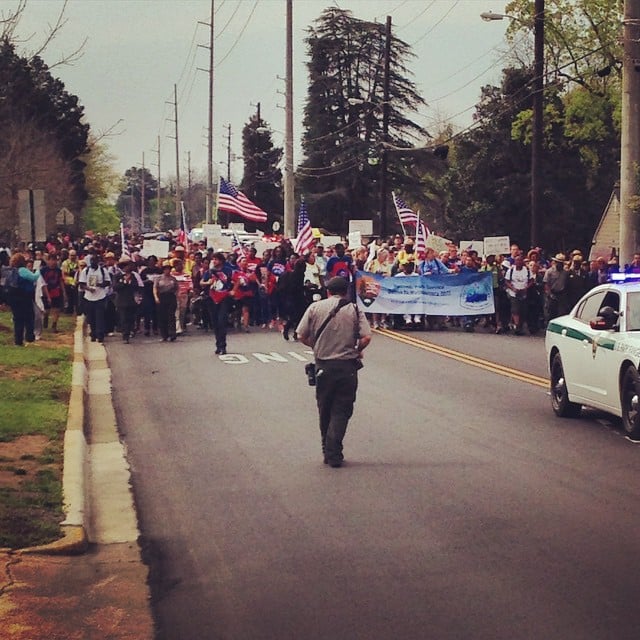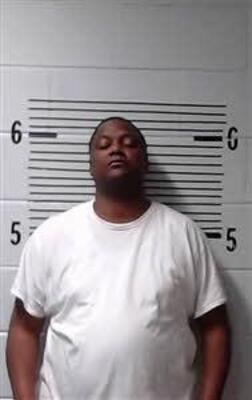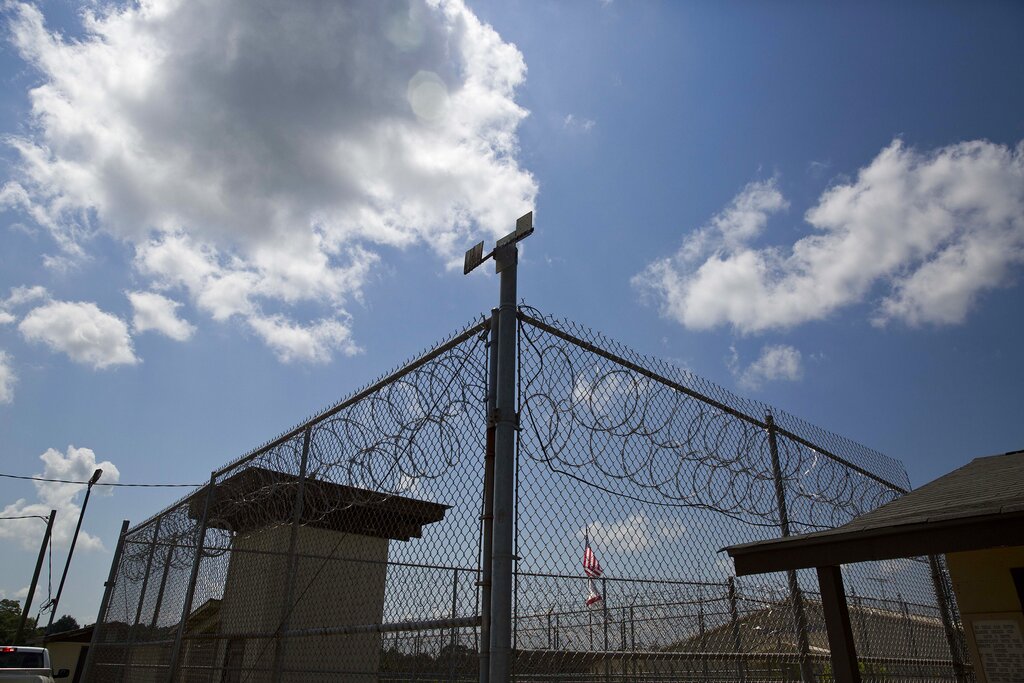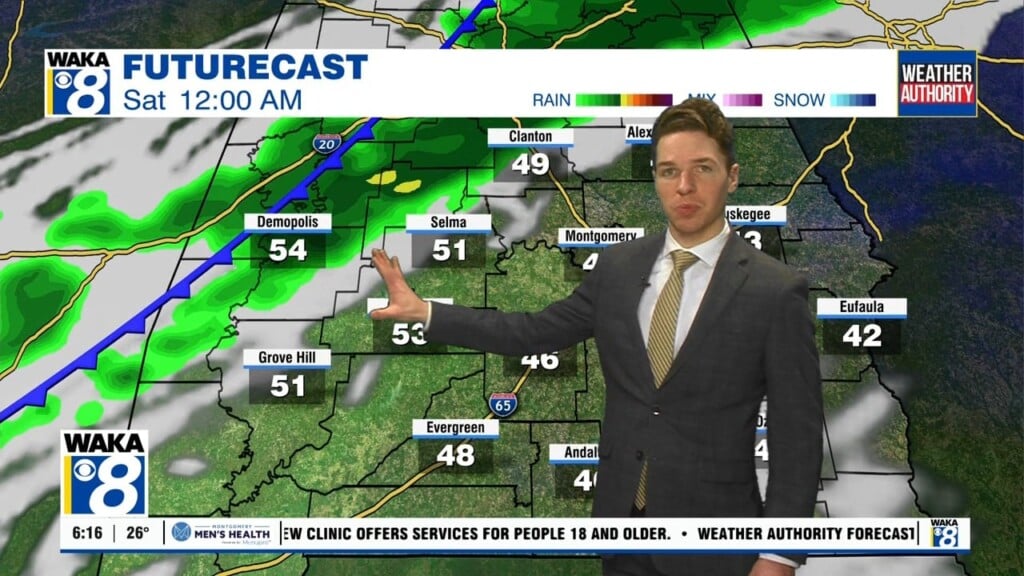Montgomery to Selma March Brings Unique Stories, Faces to Capital City

Each one of the thousands of marchers has a unique story, a special reason for being here.
Some came to pay tribute to the original foot soldiers who fought for equal voting rights 50 years ago. Others were making the journey themselves for the first time since 1965.
That includes Al Krystal, who lives in Boise, Idaho. Wednesday is the first time he’s been back in Alabama since he and a handful of other college students in Illinois came down to march in 1965. Krystal says he has vivid memories of the day, of people yelling slurs at the marchers as they walked down the long road from Selma to Montgomery. He remembers the troops called in to protect the marchers on the side of the road.
“There were local white people protecting us from other local white people who didn’t want us to be here, who were very, very angry about what we were doing. It was very scary, I have to say that,” Krystal said.
As he walked toward the capitol, all those emotions came flooding back.
“Coming into Montgomery, seeing the Capitol, I just remember the feeling I had of relief, having it in sight, I remember we’d set out what we’d come to do. I remember standing here and listening to Dr. King and singing “We Shall Overcome” with 25,000 other people. It’s one of the defining moments of my life,” Krystal said, standing on Dexter Avenue.
While Krystal now lives in the northwest, other civil rights activists have spent the fifty years since the voting rights march in the Capital City. That includes Rosetta Ferguson Moncrief. In 1965, she was a 17-year-old high school student. She held a sign, reading “In 1965, a white pastor stayed at our house on Myles Street.” She remembers her family giving the pastor a hot meal and a warm bed, before he joined the march to Montgomery. She said many tried to help people however they could.
“This preacher stayed at our house. He didn’t know us, we didn’t know him. as many people did back then, they let in strangers. It was because of love, it was all about love,” she said.
Meanwhile, a group of students from California came to meet the original foot soldiers.
“It’s very important that we do walk with them, because they’re not going to be here that much longer, so to hear their stories and walk with them, it’s a great experience,” said Jaioni Sly.
Al Krystal says seeing all of the young people participating in the movement gives him hope for the future.
“I just hope all the young people realize, you’ve got a job to do, folks. It’s a great country, we need to keep it being a great country, where everyone has equal opportunity,” Krystal said.






